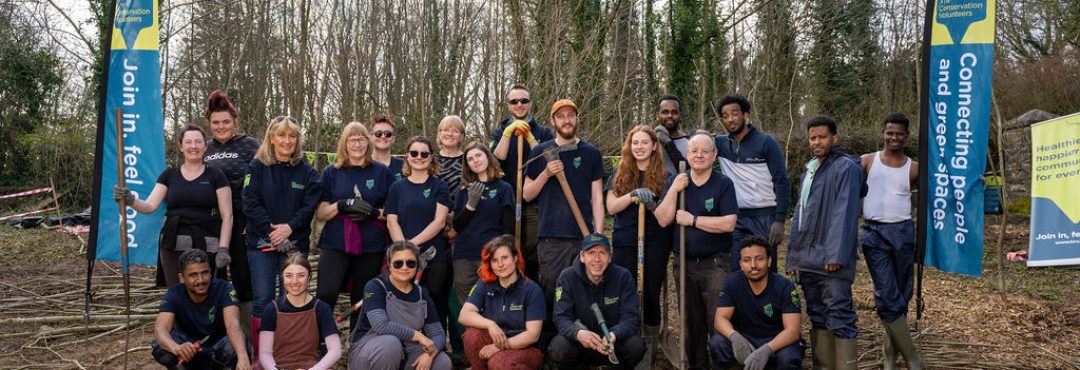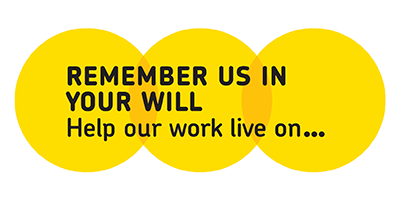Help us to share your love for the great outdoors with communities across the country
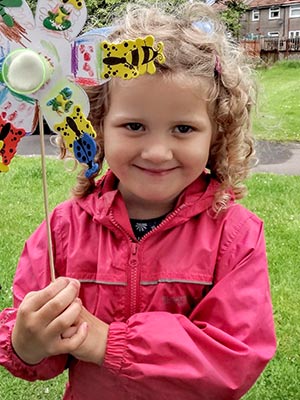
If you enjoy a walk in a local park, the thrill of growing your own fruit and vegetables or just love being outside in your own garden, you will understand why having access to the natural environment is so important.
And yet these green spaces are not available to everyone. Countless children do not have a safe place to play outdoors. Many communities don’t have a local green space to bring them together and many people find themselves indoors and isolated.
This is why The Conservation Volunteers activities are so important, working each day to create green spaces in the heart of UK communities.
If our work is special to you – please consider leaving a legacy in your will to support the work of The Conservation Volunteers.
Find out how to leave a legacy
The Conservation Volunteers will invest your legacy to ensure that we can continue to create healthier and happier communities for everyone - communities where our activities have a lasting impact on people’s health, prospects and green spaces.
You do astonishing work. You really do. Simply as a citizen, I want to thank you, for the way in which I spent my urban life.
Sir David Attenborough, Vice President of The Conservation Volunteers
By choosing to leave a gift in your will to The Conservation Volunteers, the things you care about can live on to impact future generations. If you would like more information please email Nicki at supportus@tcv.org.uk.
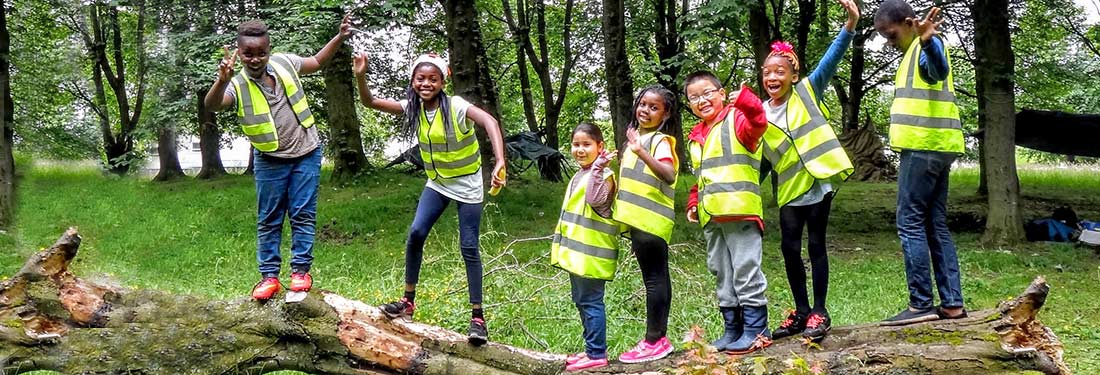
How to leave a legacy
There are different types of gifts you can leave us in your will
- A share of your estate. After you’ve provided for your family and friends, you can leave a share, or the remainder, of your estate to us. This is called a residuary gift.
- Naming The Conservation Volunteers as a default beneficiary. This will ensure that TCV will inherit if none of your chosen beneficiaries survive.
- Cash gift. This is when you leave an exact sum of money to us. It’s known as a pecuniary gift.
- A specific gift. E.g. everything from a car to antique jewellery. Giving as much detail of the item as possible will help your executors.
- A gift in a trust. You may choose to leave all or part of your estate in a discretionary trust which would allow their chosen trustees to allocate the estate flexibly between a number of beneficiaries, which can include individuals and/or charities, or a combination of both. You can leave a gift to someone to use over a period of time. When the time has ended, the gift can be passed on to other recipients, such as a charity.
Read our guide to legacy wording
Steps on how to make a will
- Decide who should write your will. We recommend using a professional solicitor who specialise in private client matters (and are protected by regulations) will make sure everything is legal and valid.
By not using a professional your legacy could be at risk if the will is not validly executed and therefore it could be invalidated if certain details are missed or necessary formalities are not adhered to. - Make a list of everything you own. In legal terms your belongings are called your ‘assets’. What you own, minus any debts, is what makes up your ‘estate’.
- Plan who you will remember in your will. Family and friends will, of course, always come first. By also including a gift in your will to support The Conservation Volunteers we will be able to develop long-term projects, the benefits of which go on for generations.
- Choose an executor to carry out your wishes. These are the people officially appointed by you to make sure your will is followed. It’s best to choose two people who you trust in case one can’t act for you.
By choosing to leave a legacy to us in your will, you are empowering and inspiring more volunteers to what’s inspired you in your lifetime.
On behalf of The Conservation Volunteers please know that every penny donated to us is gratefully and carefully spent – thank you.
Gifts and Inheritance Tax
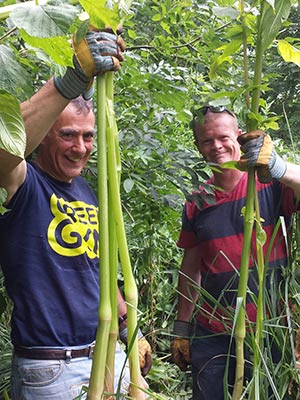
By giving to The Conservation Volunteers your estate could benefit from a reduced Inheritance Tax bill.
Inheritance tax is a tax on the estate (the property, money and possessions) of a person who has died. There is generally no inheritance tax to pay if the value of the estate is below the ‘nil rate band’ of £325,000 (Tax Year 2016/17). Although the value of certain gifts made during the seven years prior to the death of that person can be taken into account in arriving at the value of the estate for Inheritance Tax purposes.
If you are leaving a gift to The Conservation Volunteers the value of this gift will not be subject to Inheritance Tax, as charities are exempt from Inheritance Tax. Furthermore, if you decide to leave 10% or more of the net value of your estate to The Conservation Volunteers in your will your estate could benefit from a reduced rate of Inheritance Tax of 36% on some assets.
The rules are complex and we do recommend taking advice from your solicitor to ensure that the preferential Inheritance Tax treatment would apply. Alternatively you could call HMRC for advice on Inheritance Tax by telephoning: 0300 123 1072 / Outside UK: +44 300 123 1072.
Gifts in Memorandum
A gift in memory of a loved one is a unique way of acknowledging and celebrating their life.
There are many ways to remember someone special, by planting a tree, supporting a local The Conservation Volunteers project or even supporting a team of volunteers to make a lasting environmental change to a community. We think it would be wonderful to pay tribute to them by continuing to support the things they cared about?
Our Legacy Commitment
Over a number of years, we have been fortunate to receive a number of legacies from donors and volunteers across the country.
We understand the value and importance of a legacy and our commitment will always be to act on your behalf with our charity aim at the heart.

